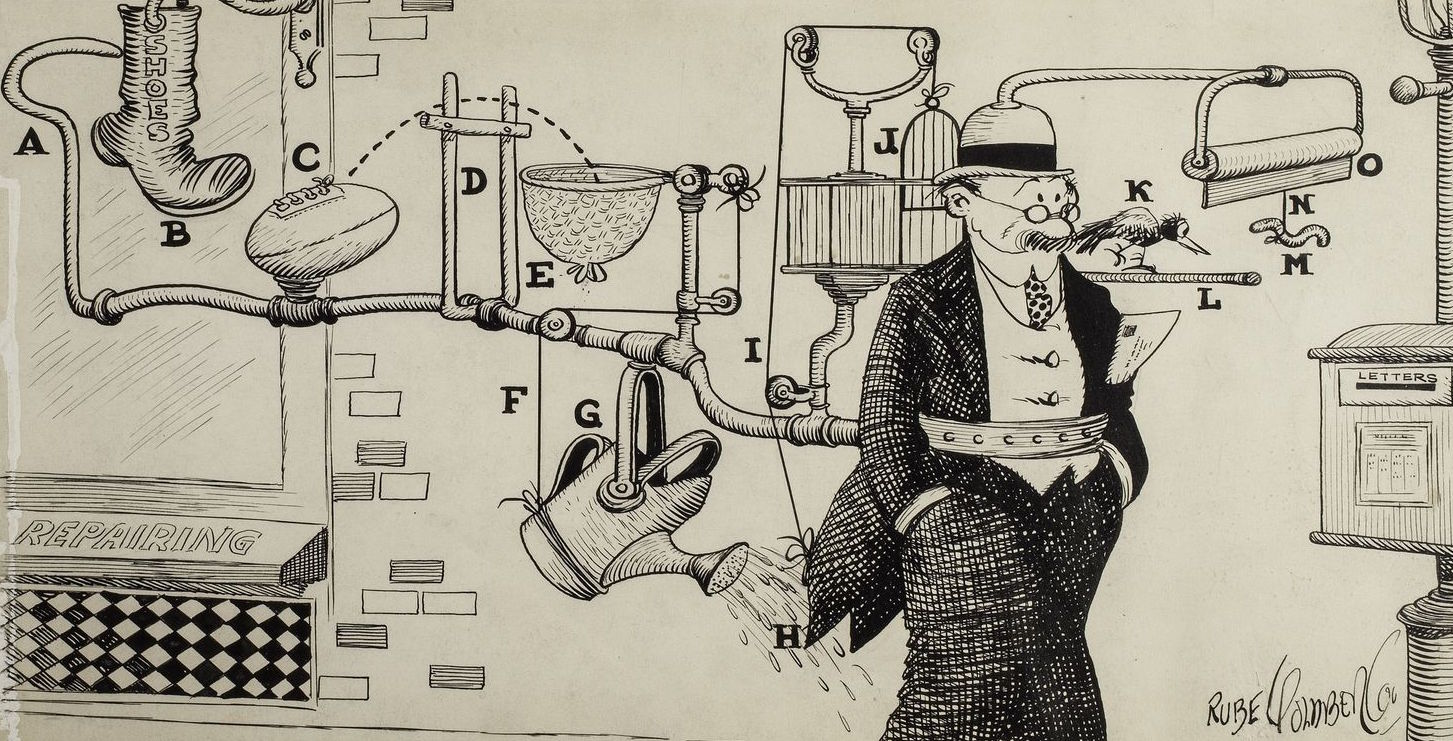FEDERAL COURTS SWALLOW TWO-STEP TRICK CONSIDERING TIKTOK BAN

The goal of federal courts is to bar USA government action from discriminating based on speech viewpoint, unless it is the viewpoint of the Chinese government in which case it can be barred. All Congress needed to pass was a law that says Chinese-controlled media which discriminate between speech viewpoints, cannot operate on a large scale in the United States. But Congress was politically forced to pretend to do something two steps removed from this, creating unnecessary legal confusion.
Because such a simple and perfectly constitutional law would be unpopular for “shutting down TikTok”, they made a much more complicated law, that disguises this underlying law with misdirection and obfuscation hidden behind several levels of fakery. Congress therefore wrote and federal courts approved, a law which purports to take the isolated action, of barring the Chinese government from ownership rights that enable them to impose their viewpoints into political discourse in the United States. The idea was to have the law make the owners illegal, rather than make the enterprise, and the speech of those who use it, illegal.
This relies on the fake ideas 1) that you can easily separate the owners from the enterprise, and 2) discriminating against the enterprise doesn’t discriminate against the viewpoints the enterprise is associated with, which viewpoints the law does not claim to consider (except to the extent they are managed from China). The purpose of the legal gymnastics is to say “This law does not shut down TikTok, and still allows you to use TikTok to criticize the US government.” Regardless of whether that turns out to be untrue, or whether the actual effect turns out to be closer to the simple law. If TikTok does shut down, then common rabble are no longer able to use it to criticize the US government.
If the law is written to be indifferent to whether the result of the law is to put TikTok out of business, and the law is indifferent to viewpoints expressed on TikTok so long as they cannot be selected by the Chinese government, then according to federal courts, this law does not select against the speech viewpoint of USA dissidents, only against Chinese agitators masquerading as USA dissidents. This requires two assumptions, 1) the US government can change who owns a business, and if TikTok does not change ownership but instead ceases USA operations, that cannot be blamed on the law, and 2) if TikTok ceases operations, that does not select against the viewpoint of USA dissidents. Because the law is blind to what kind of speech is on TikTok, and whether TikTok has provided a unique platform for USA dissidents to speak alongside incumbents.
So there are two steps to approving the law, 1) the law does not put TikTok out of business in theory, regardless of the actual observed result after the law takes effect, and 2) putting TikTok out of business does not discriminate against the viewpoints of the common man who cannot otherwise get on TV and obtain coverage with press conferences. If we instead discover the law does put TikTok out of business, and this does select against the viewpoint of dissidents who rely on TikTok to speak, then the law has muffled disfavored viewpoints. But has done so without directly saying “This puts TikTok out of business by saying it is to change ownership; and this actual result of shutting down TikTok discriminates against dissident viewpoints, even though the government claims to have not selected which viewpoints are on TikTok.”
A more honest court proceeding would have said “We are allowed to put TikTok out of business, because it is ultimately a vehicle for the viewpoints of Chinese agitators in the USA, even if the USA dissidents don’t realize they are being arranged to express the viewpoints of Chinese agitators.” And the law would have said “We cannot force TikTok to change owners, but we can force dissidents to not speak on a platform owned by the Chinese government, where we are otherwise indifferent to what other platform they find to speak on or who owns it.” The way to change owners is to force people to find another platform, to let the free market select a platform controlled by anyone other than China. We are not discriminating against dissident platforms, but against China.
It is more realistic and legal to force people to find (or build) any platform other than TikTok, than for them to stay on TikTok but have TikTok be controlled by anyone other than China. But the reason the law forcing a change of ownership is preferred to forcing dissidents to find another platform, is because it uses the fake camouflage that it doesn’t directly put TikTok out of business, and does not directly say what kind of viewpoints are on TikTok. But if we can be honest, USA dissidents need to cure their own problem, by finding an audience to whom they have access without being controlled by the Chinese government. And the USA government is indifferent to dissidents doing that and to where dissidents speak, requiring only that they not use a platform controlled by China.
Nobody, including dissidents, is allowed to speak in the United States on a platform controlled by China. Stripping away all the politics and nonsense, this is simply a law that says Chinese-controlled media which discriminate between speech viewpoints, cannot operate on a large scale in the United States. Or that is what the law should be stripped down to say.
Leave a Reply